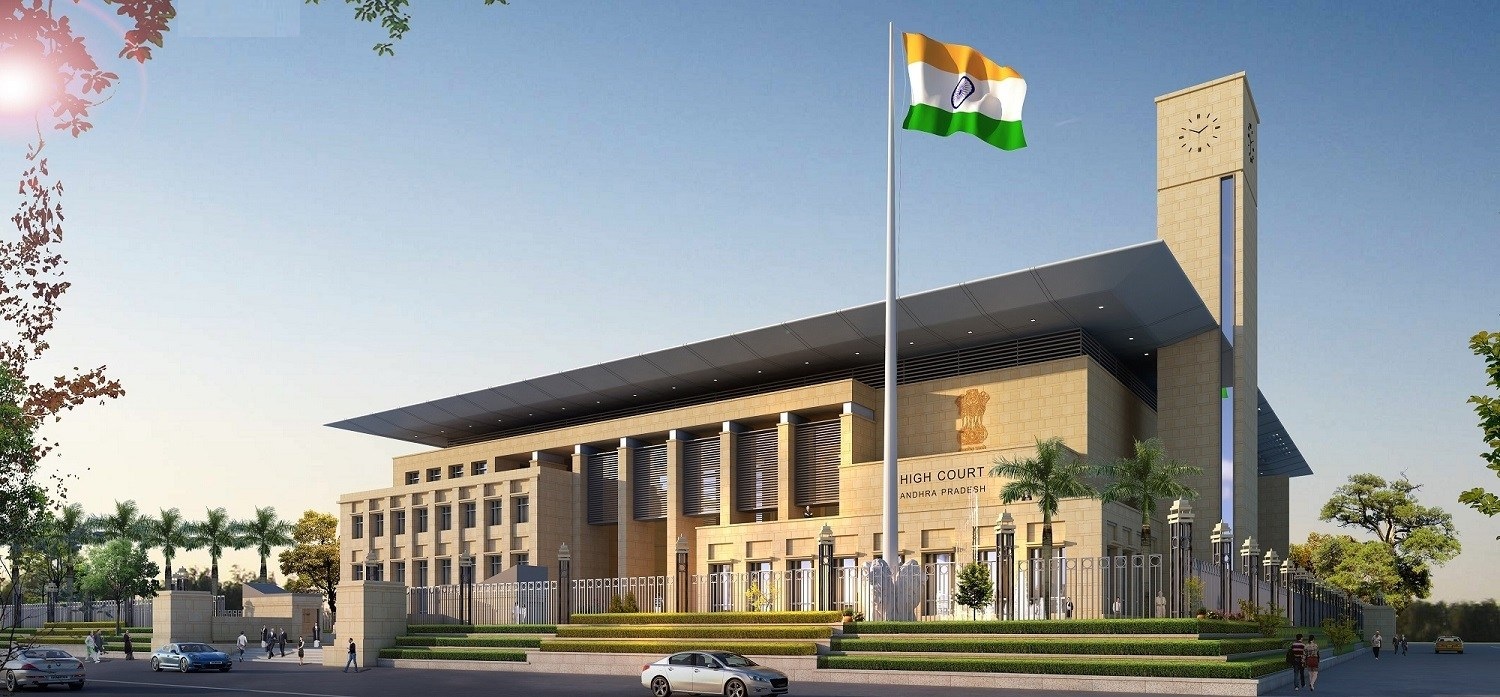-
by sayum
14 February 2026 2:22 PM



Court Enhances Compensation for Deceased Workman Based on Employer’s Testimony Despite Insurance Company’s Appeal
The High Court of Andhra Pradesh, presided over by Justice Nyapathy Vijay, has significantly enhanced the compensation awarded to the family of a deceased workman in a road accident case. The court’s decision, delivered on July 3, 2024, in Civil Revision Petition No. 1159 of 2008, underscores the principle of providing “just compensation” and highlights the importance of actual salary evidence over statutory minimum wages.
The case revolves around the tragic death of Shaik Mohammed Ali @ Babujan, who was employed as a driver. On December 8, 1999, while returning from a pilgrimage trip, the vehicle he was driving met with an accident, resulting in fatal injuries to him. His parents filed a compensation claim, asserting that he earned Rs. 4,000 per month. The Commissioner for Workmen’s Compensation initially awarded Rs. 2,05,170 based on minimum wages under G.O.Ms.No.58 dated April 9, 1991, which the claimants appealed.
Justice Nyapathy Vijay emphasized the credibility of the employer’s testimony regarding the deceased’s salary. “When the owner of the vehicle on oath states that the salary being paid to the deceased was Rs.3,000/-, there is no justification for the Commissioner to adopt the minimum wages at the rate of Rs.1891.75 per month,” the court observed. The court referenced the Supreme Court’s decision in Mamta Devi & Others v. Reliance General Insurance Co. Ltd. & Another, which upheld that the employer’s evidence should take precedence over statutory minimum wages.
The court underscored the importance of awarding just compensation, reflecting actual earnings rather than statutory minimum wages. Justice Vijay stated, “The purpose of the Act is to provide appropriate compensation to the dependents of the deceased. The fact that the claimants did not file an appeal should not restrict this Court to the incorrect quantum of compensation granted by the Commissioner.”
The High Court’s judgment aligns with the principle that appeals by insurance companies should not preclude the enhancement of compensation if warranted. Citing a Division Bench ruling in National Insurance Co. Ltd. V. E. Susheelamma, the court affirmed that it is within its jurisdiction to increase the awarded compensation to reflect actual earnings and just compensation principles.
Justice Nyapathy Vijay remarked, “The principle of just compensation would be applicable to cases under the Workmen’s Compensation Act as the purpose of both the Motor Vehicles Act and the Employees Compensation Act are similar.”
The High Court’s judgment to enhance the compensation to Rs. 3,25,365, payable within 30 days along with statutory interest, reaffirms the judiciary’s commitment to ensuring just and fair compensation for the families of deceased workmen. This decision not only rectifies the initial undervaluation based on minimum wages but also sets a precedent for future cases, emphasizing the importance of credible evidence and just compensation over statutory calculations.
Date of Decision: July 3, 2024
Koganti Siva Prasad and Others vs. Kommalapati Venkata Krishna and Others
